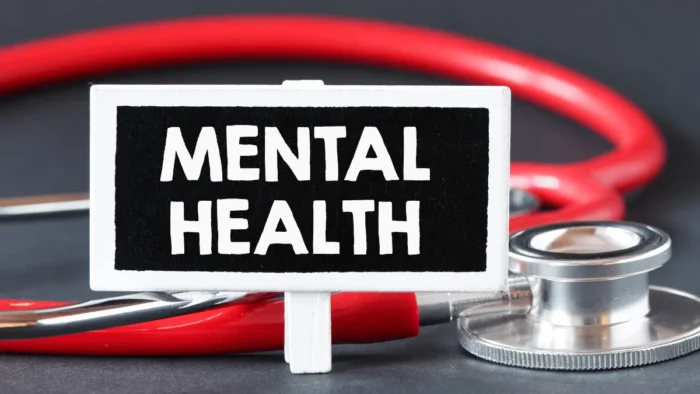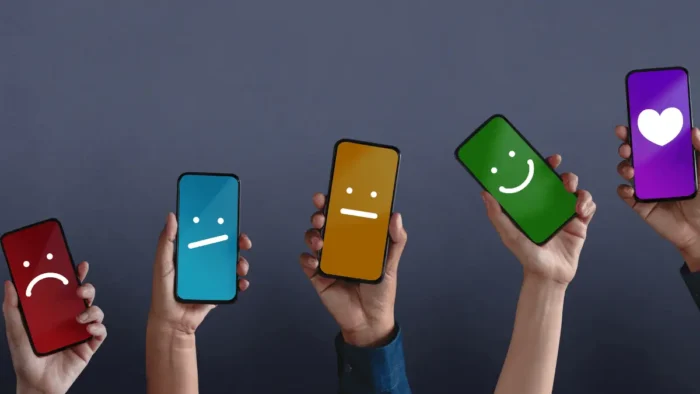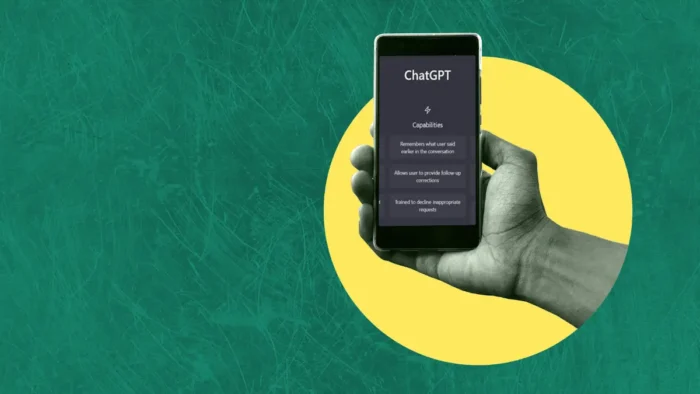The world has witnessed a remarkable convergence of technology and healthcare in recent years, revolutionizing various medical treatments. One field that has seen significant advancements in technology is mental health treatment. Technology in mental healthcare improves accessibility and efficiency, offering a promising future for individuals with mental health disorders.
In today’s fast-paced world, technology is revolutionizing the mental health landscape, breaking down barriers and empowering individuals to proactively manage their mental well-being. With rapid advancements, tech-driven solutions offer innovative tools and platforms that enable individuals to take control of their mental health like never before.
This article delves into the innovative advancements and practical applications in technology-driven mental health treatment. We will also explore the benefits, challenges, and ethics to provide a comprehensive view of the promising future for mental well-being support in the digital age.
1. Virtual Reality Therapy
Virtual reality therapy utilizes immersive computer-generated environments to simulate real-life situations, assisting individuals in confronting and managing mental health challenges within a controlled therapeutic setting.
Virtual reality therapy holds immense promise in treating various mental health disorders, including phobias, post-traumatic stress disorder (PTSD), anxiety disorders, and addiction. By creating interactive and immersive scenarios, individuals can gradually expose themselves to feared situations, memories, or triggers in a safe and controlled environment.
Studies have demonstrated the effectiveness of virtual reality therapy across different populations and mental health conditions. For instance, a study published by Frontiers indicates that virtual reality therapy has effectively reduced symptoms of social anxiety. The studies have shown that VR therapy yielded comparable results to other treatments for social anxiety.
It suggests that VR therapy holds promise as an effective intervention for individuals struggling with social anxiety, offering similar levels of efficacy as traditional treatment approaches.
2. Mobile Apps for Mental Health
With the widespread use of smartphones, these apps provide accessible and convenient support for individuals seeking help for their mental well-being.
Mobile mental health apps provide diverse features such as mood tracking, meditation, cognitive-behavioral therapy techniques, self-help programs, and access to online therapy services. These apps empower individuals to actively participate in their mental health journey by providing self-reflection, self-care, and self-management tools.
These apps can potentially fill the gaps in mental health services, especially for individuals who encounter obstacles in accessing traditional in-person therapy. These apps provide a safe and private space where individuals can seek support without fear of judgment or stigma, offering a level of anonymity that promotes openness and comfort. Additionally, these apps can be accessed anytime and anywhere, making mental health resources available at users’ fingertips.
3. Behavioral Health Billing and Electronic Health Records (EHR)
Behavioral health billing refers to submitting and managing claims for mental health services provided to patients. Traditionally, this aspect of mental healthcare has been plagued by complexities, inefficiencies, and administrative burdens. However, adopting electronic billing systems has brought significant advancements, allowing for seamless and accurate claims processing.
On the other hand, electronic health records (EHR) systems provide a digital platform for recording, storing, and sharing patient health information. EHR systems specifically tailored to behavioral health offer numerous benefits for mental health providers. They enable comprehensive documentation of patient encounters, including assessments, treatment plans, progress notes, and outcomes.
Integrating behavioral health billing and EHR systems further enhances efficiency by automating billing processes, reducing errors, and minimizing administrative overhead.
Behavioral health billing and EHR systems also enable data analytics and reporting capabilities. Providers can extract valuable insights from the vast amount of aggregated data, such as patient outcomes, treatment efficacy, and population health trends.
According to Millin, the constantly evolving federal and state regulations, especially in behavioral health billing, can result in incorrectly billed claims, impacting providers’ reimbursement and overall revenue. With automated billing features, mental health practitioners can ensure accurate coding and submission of claims, accelerating reimbursement cycles and optimizing revenue management of mental health practices.

4. Wearable Devices for Mental Well-being
The emergence of wearable technology has opened up new possibilities for enhancing mental well-being. With devices like smartwatches, fitness trackers, and biosensors, individuals can revolutionize the way they monitor and prioritize their mental health. These wearables offer real-time data and valuable insights, empowering individuals to take proactive steps in their self-care journey.
Wearable devices for mental well-being offer a range of features and functionalities designed to support individuals in managing their mental health. They can track physiological indicators, such as sleep patterns and stress levels, providing users with objective data about their overall well-being.
A study published by the National Institute of Health states that wearable devices have the potential to decrease healthcare costs and improve patient outcomes by facilitating early intervention and symptom management. These devices help by monitoring vital signs, like neural activity, heart rate, skin temperature, and skin conductance response can yield valuable insights into an individual’s health.
Thus, from the study results, wearable devices positively impacted self-management behaviors and improved mental health outcomes.
5. Teletherapy and Online Counseling
Teletherapy and online counseling offer numerous advantages for clients and therapists. Individuals can access mental health services from the comfort of their own homes, eliminating the need for travel and reducing the associated costs. This mode of therapy also provides flexibility in scheduling, allowing individuals to find appointments that suit their needs, including after-hours or weekend sessions.
For therapists, teletherapy can reach a wider client base and provide services to individuals who may otherwise struggle to access in-person therapy.
Everyday Health reports that video and audio therapy has been found effective for various mental health conditions, as supported by the American Psychological Association (APA). These forms of therapy have demonstrated effectiveness in treating conditions such as PTSD, depression, anxiety, adjustment disorder, substance use, and eating disorders.
It highlights the potential of teletherapy as a reliable and effective alternative for individuals seeking mental health support.
6. Artificial Intelligence (AI) and Chatbots
AI-powered chatbots serve as:
- Virtual assistants that engage users in interactive conversations, providing personalized and responsive support.
- Providing emotional support.
- Psychoeducation.
- Even delivering evidence-based interventions.
Chatbots are designed to simulate human-like conversations, offering a safe and non-judgmental space for individuals to express their thoughts and emotions. They can provide immediate responses, coping strategies, and resources based on the individual’s input, allowing personalized guidance and support.
Furthermore, AI algorithms can analyze vast amounts of data collected from individuals and identify patterns, trends, and risk factors related to mental health. By analyzing language use, speech patterns, and sentiment, AI can detect early signs of mental health deterioration, providing an opportunity for early intervention and prevention.
To Conclude
The future of mental health treatment is undeniably intertwined with technology, opening up new avenues for accessibility, efficiency, and personalized care. These tech-driven solutions empower individuals to actively engage in their mental well-being, break down barriers to access, and provide valuable data-driven insights for personalized interventions.
However, it is essential to address ethical considerations, such as privacy, data security, and the need for human interaction in the therapeutic process. With continued research, innovation, and responsible implementation, the promising future of tech-driven mental health treatment holds the potential to revolutionize mental healthcare and improve outcomes for individuals worldwide.





